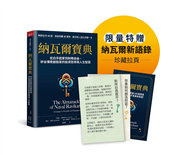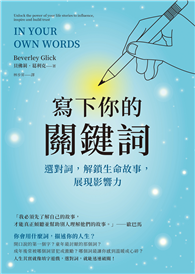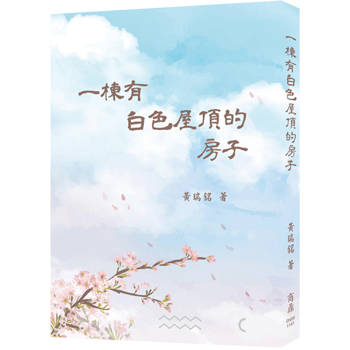What is design in modern China? And what are the ecological stakes in understanding how modern Chinese design encourages us to see? This book takes up these questions though exploration into the work of three famous designers who were actively engaged with the natural sciences in early twentieth-century Shanghai, Canton, and Beijing.
The designed objects asking for heightened vision into interior and exterior worlds make their way across temporal and cultural boundaries. This book, then, is also about that movement, and the emotions of the eye which support it. Porcelain dishes, textiles, magazine covers, and paintings moved the people who lived with them a century ago in China to an awareness of their edges, rims, borders as boundary lines, and to see things through those in-between forms from a new point of view; to share pleasure in colour and pattern, perhaps, but also to connect to other deeply transformative feelings at the boundary.
The book will be of interest to scholars working in design history, art history, and Chinese studies.











